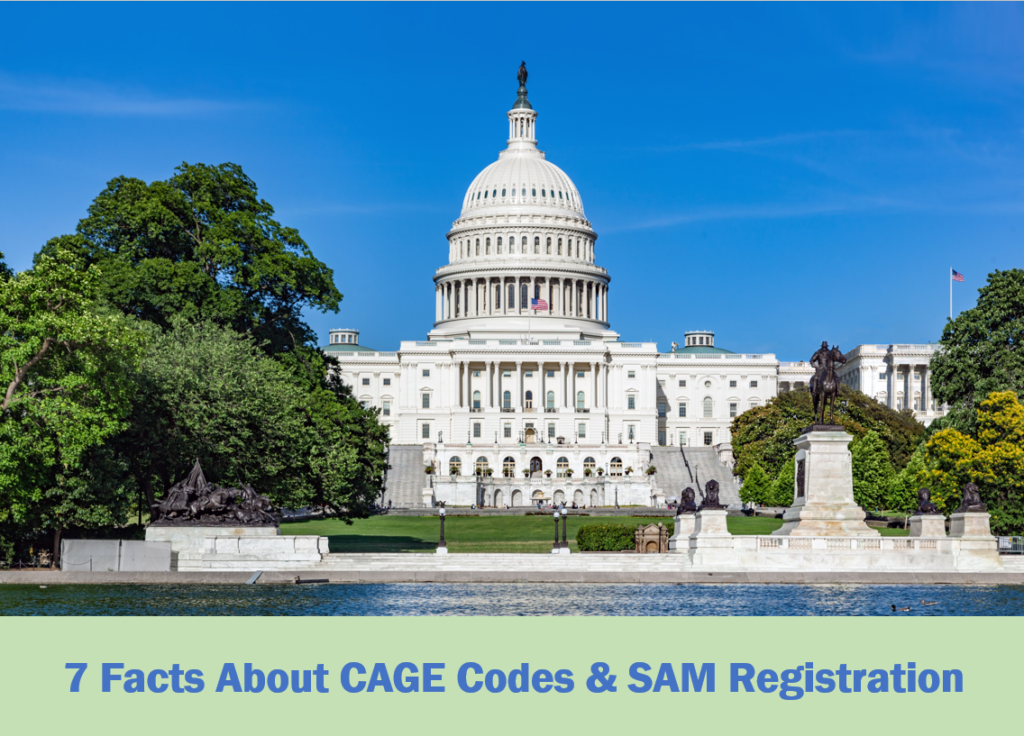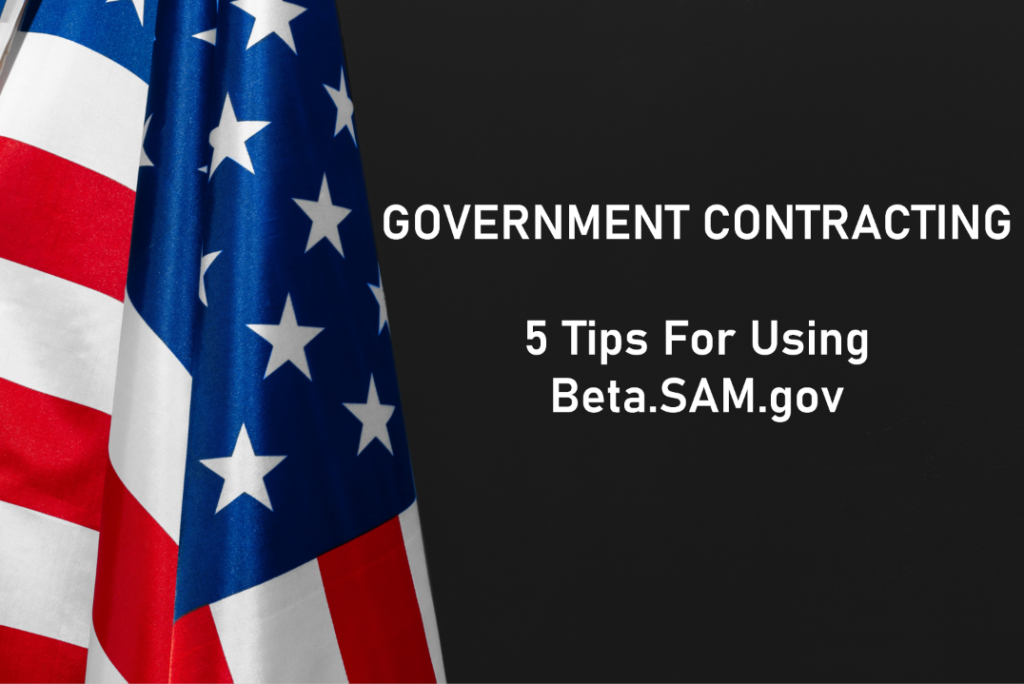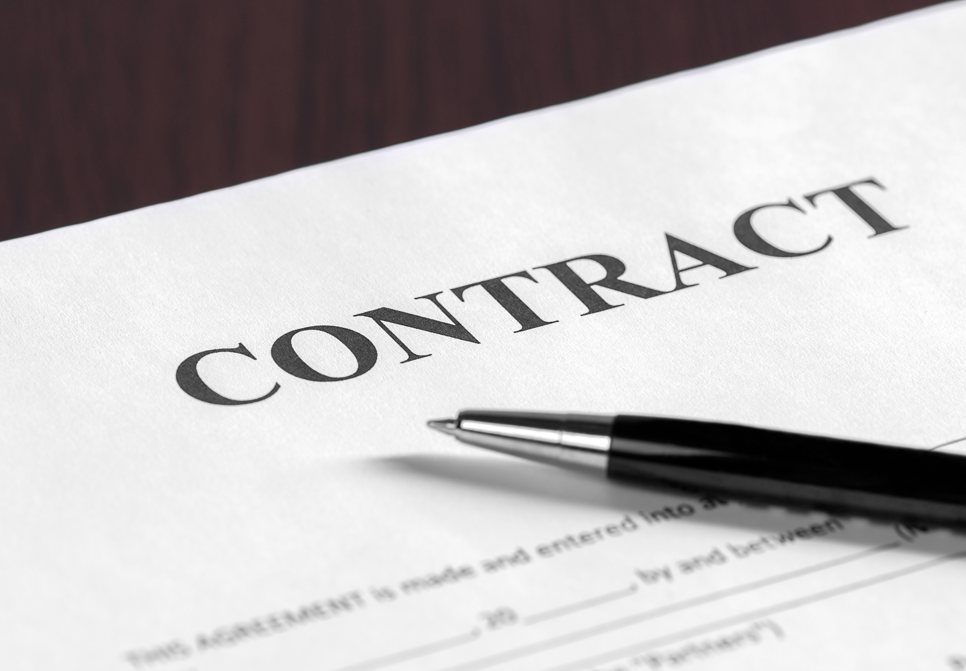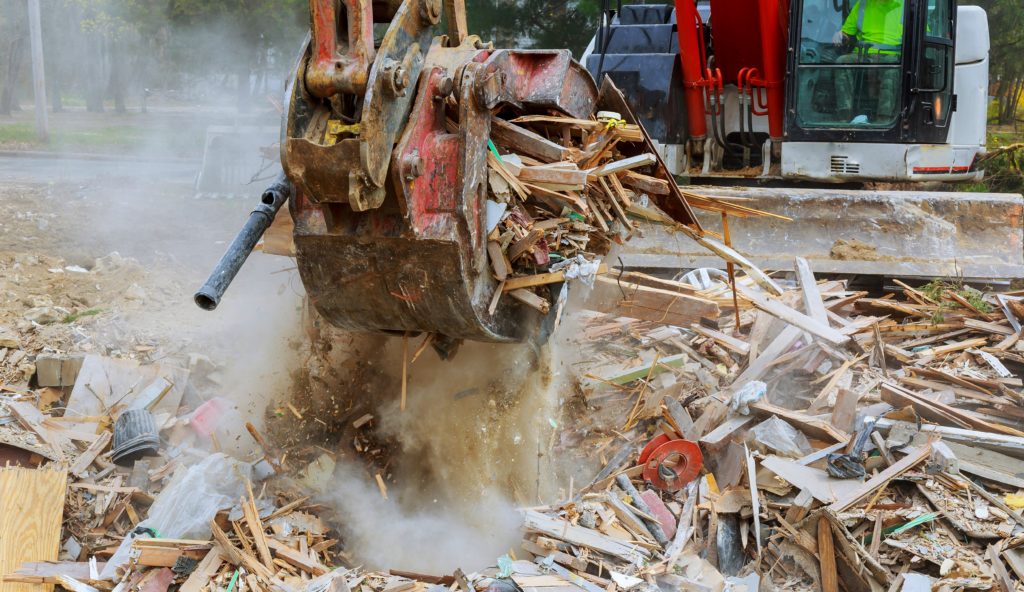
If you are a woman that owns 51% of a small business, you may qualify for the Small Business Administration’s (SBA) Woman-Owned Small Business (WOSB) program. There are many reasons to consider signing up with the SBA, and one benefit is that WOSB-certified businesses often find it easier to win government contracting jobs. We can help you get started with the WOSB program, but let’s first take a quick look at this program and how it can help boost your business.
What Is WOSB Certification?
The WOSB program was created, as the SBA states, “to provide a level playing field for women business owners.” The program was established in 2000, and it requires that at least 5% of government contracting dollars be awarded to women who own small businesses.
In the world of government contracting this is known as a “set aside” contract because the government sets aside a portion of all government contracting jobs specifically for small businesses. In addition to WOSB, there are several other types of SBA set-asides, including the Service-Disabled, Veteran-Owned Small Business set aside, HUBZone set-asides and several others.
There are two types of WOSB certifications. General WOSB certification can be granted to any business that qualifies as a small business and is owned 51% or more by one woman or multiple women. The Economically Disadvantaged WOSB program (EDWOSB) is another option. For an EDWOSB, the business must be 51% or more owned by a woman (or women) that are considered by the SBA as economically disadvantaged.
WOSB Requirements
If your business is 51% or more owned by a woman (or women), the first step is to determine if you fulfill the additional requirements of the program. First, the business must qualify, by SBA standards, as a small business and you can determine whether or not your business qualifies as a small business by using the SBA’s Size Standard tool at https://www.sba.gov/size-standards.
When using the Size Standard tool, you will need to know your North American Industry Classification System (NAICS) codes. These codes describe the goods or services that your company provides. You can find these at Census.gov, but we also can help determine these codes as part of our SAM registration service.
Second, the SBA requires that women must “manage day-to-day operations” and “also make long-term decisions” for the company. This means that if a business is owned, for instance, by a husband and wife, but the wife isn’t involved in management and decision making, the husband cannot simply hand over 51% of the company to her just to qualify as a WOSB. If she does make management decisions and long-term decisions, however, this would qualify.
To qualify as an EDWOSB, you must meet all of the aforementioned requirements and meet several additional requirements, including:
- Be owned and controlled by a woman (or women) with a personal net worth less than $750,000
- Be owned and controlled by a woman (or women) with $350,000 or less in adjusted gross income (this income requirement includes the three previous years)
- Be owned and controlled by a woman (or women) with $6 million or less in personal assets
Keep in mind, if you have a business with more than one woman owner, this is a requirement for each of the women. For instance, if two women meet the requirement, but a third woman has a higher personal net worth, higher adjusted gross income or more assets, then the company would not qualify as an EDWOSB. However, it still would qualify as a WOSB.
SBA WOSB Registration & SAM Registration
Signing up for SBA and the WOSB program is free, but it can be difficult to complete the process, especially if you are not familiar with the intricacies of signing up with government systems. At Federal Contractor Registry, we help companies with System for Award Management (SAM) registration. Anyone who wants to get started with government contracting must complete the SAM registration process.
Our team can help you with SAM registration and also help you with your WOSB and SBA registrations. While we do charge a fee for our SAM registration services, we will help you with SBA and WOSB at no additional charge. The government will not charge you a fee for completing SAM registration on your own, but the SAM registration process is extremely complicated and time-consuming, and, for many business owners, it’s simply easier to hand this process over to a pro just as you would hire an accountant to do your taxes.
We’ve been handling SAM registrations for years and can complete the process for you quickly and accurately. If you make a mistake on your application, this can delay your approval, and you cannot bid on any government contract jobs without an active SAM account. We will ensure that everything on your application is correct, and also ensure that you are signed up with SBA and heading toward WOSB certification so that you can bid on WOSB set aside contracts.
WOSB & Government Contracting
Once your SAM registration application has been approved and you’ve attained certification as a WOSB, you can begin searching for federal contractor jobs. To search for potential jobs, you can go to https://sam.gov/content/opportunities or the SBA SubNet site at https://eweb1.sba.gov/subnet/client/dsp_Landing.cfm.
The first URL leads you to the official search engine for the System For Award Management (SAM) database. This database contains information about every government contractor, but the database’s search engine also includes information about past and current federal contracts.
To search on this first site, we recommend that you click on the Advanced Search tab and search using multiple parameters. Typically, if you search using your NAICS codes or Product and Service Codes (located under the Product or Service Information tab), you will find contracts that match the goods and services your company provides.
You also can go to the Set-Aside tab and search for your WOSB or EDWOSB program set-asides. There are four listings – WOSB Program Set-Aside, WOSB Program Sole Source, EDWOSB Program Set-Aside and EDWOSB Program Sole Source.
Many government contracting jobs are competitive with many WOSBs bidding for the job award. However, in some cases, a sole-source contract is offered, and there is no competitive process because it is likely that only one single business can fulfill the contract requirements. Both of these options can be very profitable, but the sole source award process tends to be a bit quicker.
Keep in mind, you can bid on any government contract for which you can provide the goods and services needed. While there are contracts set aside just for WOSBs, if you have an active SAM registration, you can bid on other jobs, as well. The only exclusion might be if a contract is set aside for another type of business, such as a veteran-owned business.
The second URL, which leads to the SBA SubNet website, is dedicated to helping small businesses find subcontractor jobs. Subcontractors work for Prime Contractors, and these are large companies with large government contracts. They often need help from subcontractors and sometimes are even required to use SBA-approved subcontractors in order to win these large federal jobs. Subcontracting can be a great way to get started with government contracting, so we encourage you to use the SubNet search engine, as well as the main SAM search engine.
While one of the best reasons to sign up with the WOSB program is that it can give you an edge when you bid on federal contractor jobs, there are other SBA benefits that you might find helpful. For instance, all fifty states have their own procurement system and offer billions of dollars in state contracting dollars every year. These states also have set-asides, and your WOSB certification could prove very helpful if you bid on government contracts at the state level.
Additionally, SBA offers small business loans and can help match you with investors for your WOSB. The SBA also can help you attain a surety bond, help you find government grants and even provide low-interest disaster loans if your business is damaged after a natural disaster or other types of disasters. The SBA also offers free business counseling for those just starting out with a new business or those who may be struggling and need some help to make their business stronger or to get started with government contracting.
Get Started Now!
If you would like us to complete your SAM registration and help with the SBA process, just click on the green New Registration tab on our homepage and fill out our quick contact form. Once you submit this form, a registration specialist will be in touch to gather information and get started on your SAM application. Once that is complete and approved, you will be eligible to bid on government contracting jobs.







